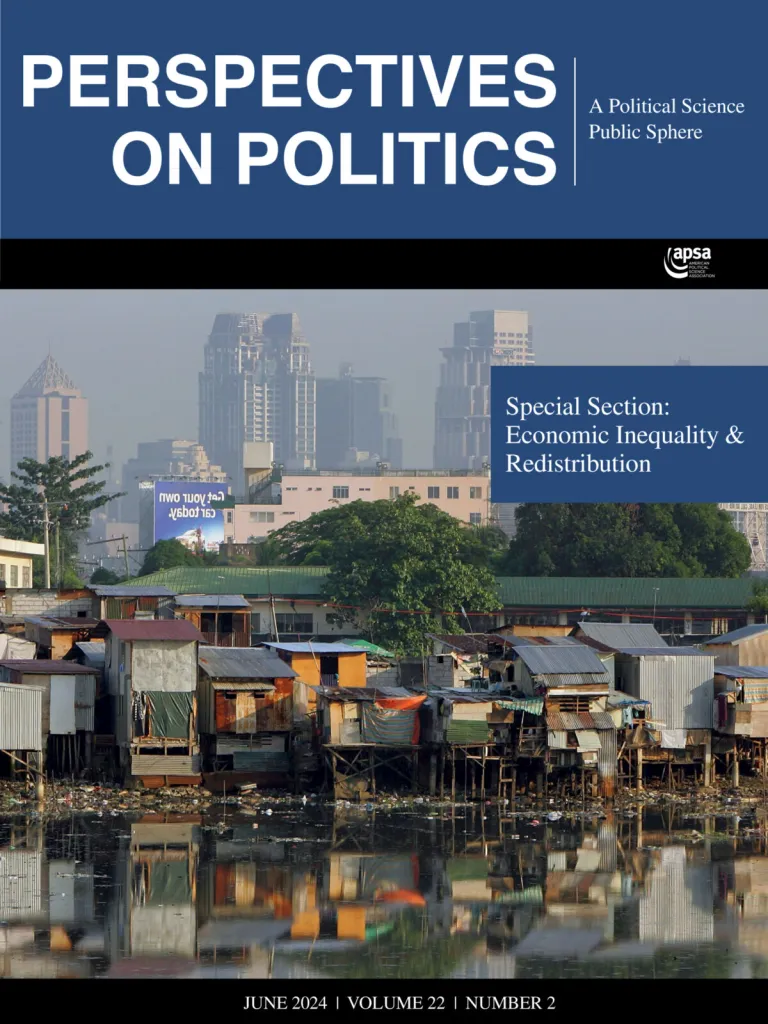By Davin L. Phoenix, University of Michigan and Nathan K. Chan, Loyola Marymount University

Political efficacy, or a sense of confidence that “people like me” can understand politics and receive responsiveness from government, is central to the study of political behavior. However, the reference group that respondents view as “people like me” is not always immediately clear. This limits our ability to infer how efficacy informs political participation. We propose a specific concept and operationalization of racial group efficacy, and we distinguish this concept from racial identity, group consciousness, and conventional efficacy measures. Analyses of data from the 2016 Collaborative Multiracial Post-Election Survey reveal that for white, Black, Asian, and Latina/o Americans, racial efficacy is a more consistent and robust predictor of political participation than standard internal and external efficacy measures. Further, we show that racial efficacy exhibits associations with conventional and unconventional forms of participation that distinguish whites from people of color. We conclude by discussing how people’s racial efficacy informs their engagement in politics, from voting to protests.




